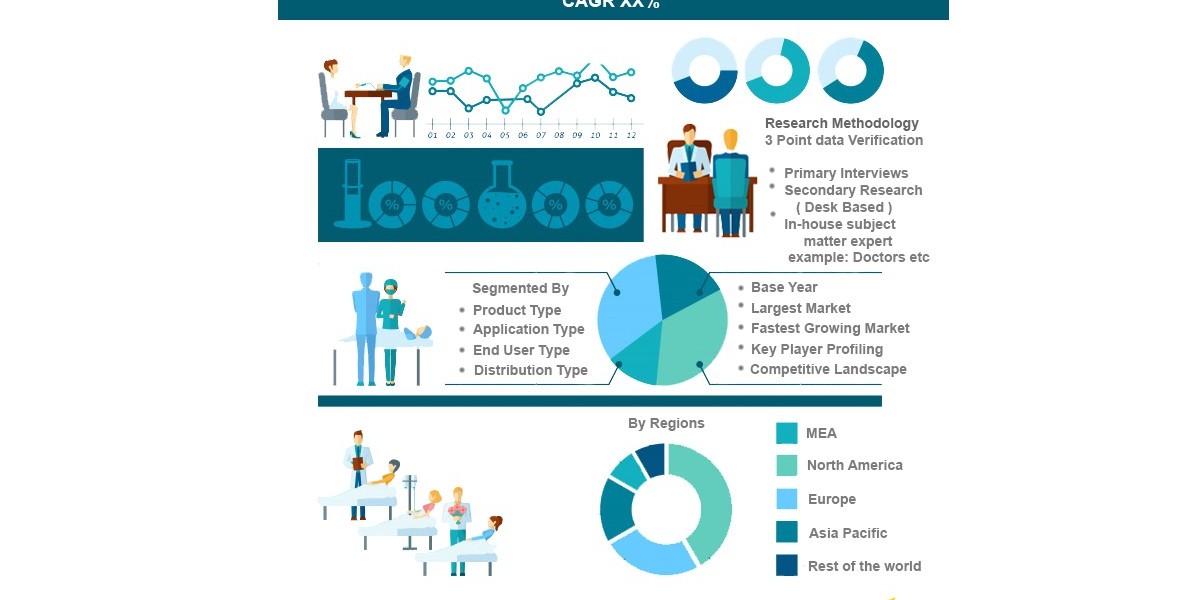Shortened URLs: Pros and Cons for Online Businesses
Shortened URLs have become a ubiquitous tool for online businesses, offering both advantages and drawbacks in various aspects of digital marketing and communication. This article examines the pros and cons of using shortened URLs for online businesses to help them make informed decisions about incorporating them into their strategies.
Pros:
1. Enhanced User Experience: Shortened URLs contribute to a smoother and more seamless user experience by eliminating long, cumbersome URLs that can clutter content and detract from readability. Shortened links are visually appealing and easier to share, improving navigation and engagement for users across digital platforms.
2. Improved Click-through Rates (CTRs): Shortened URLs often result in higher click-through rates (CTRs) compared to full-length URLs. The concise nature of shortened links makes them more clickable and encourages users to take action, leading to increased traffic and conversions for online businesses.
3. Tracking and Analytics: Many URL shortening services offer built-in tracking and analytics tools that enable businesses to monitor user engagement and measure the effectiveness of their marketing efforts. By tracking metrics such as click-through rates, geographic location of users, and referral sources, businesses gain valuable insights into audience behavior and campaign performance.
4. Branding Opportunities: Some URL shortening services allow businesses to customize shortened links with their brand names, slogans, or keywords. Branded shortened links reinforce brand identity, increase brand visibility, and foster brand recognition among audiences, contributing to brand equity and loyalty over time.
5. Cross-platform Compatibility: Shortened URLs are compatible with various digital platforms and devices, ensuring a consistent user experience across desktops, laptops, smartphones, and tablets. This cross-platform compatibility makes shortened links versatile and accessible, enabling businesses to reach audiences effectively across different channels.
Cons:
1. Potential for Abuse: Shortened URLs can be exploited by malicious actors to disguise phishing websites, malware-infected pages, or other harmful content. Since shortened links obscure the destination URL, users may inadvertently click on malicious links, putting their security and privacy at risk.
2. Lack of Transparency: Shortened URLs lack transparency, as users cannot discern the destination of the link without clicking on it. This lack of visibility may lead to mistrust or reluctance among users to click on shortened links, especially from unfamiliar sources.
3. Dependency on Third-party Services: Businesses that rely on URL shortening services are dependent on third-party providers for link management and tracking capabilities. If the URL shortening service experiences downtime or discontinues its services, businesses may lose access to their shortened links and associated analytics data.
4. SEO Implications: Shortened URLs may have implications for search engine optimization (SEO), as they do not contain descriptive keywords or phrases that contribute to page rankings. Full-length URLs with relevant keywords may provide better SEO value and visibility for businesses seeking to improve their search engine rankings.
5. Link Rot and Accessibility: Shortened URLs are prone to link rot or link decay over time, as the shortened links may expire or become inaccessible if the URL shortening service ceases to exist. This can lead to broken links in online content, resulting in a poor user experience and negatively impacting SEO.
In conclusion, while shortened URLs offer numerous benefits for online businesses, including improved user experience, higher click-through rates, tracking and analytics capabilities, branding opportunities, and cross-platform compatibility, they also pose certain challenges and risks, such as potential for abuse, lack of transparency, dependency on third-party services, SEO implications, and link rot. Businesses should carefully weigh the pros and cons of using shortened URLs and implement appropriate measures to mitigate risks and maximize the benefits for their digital marketing strategies.
source:









